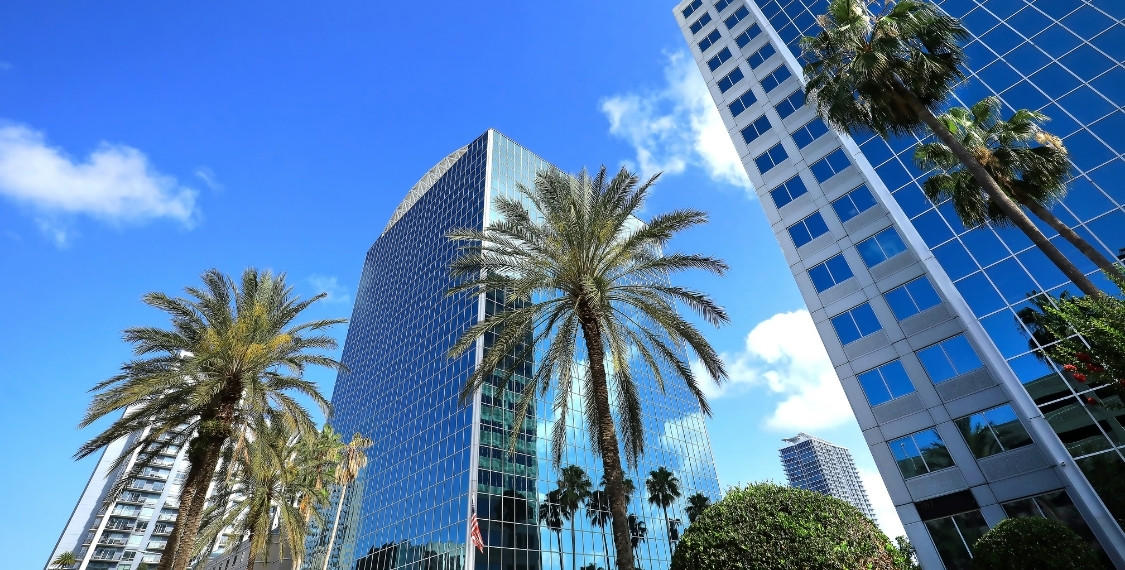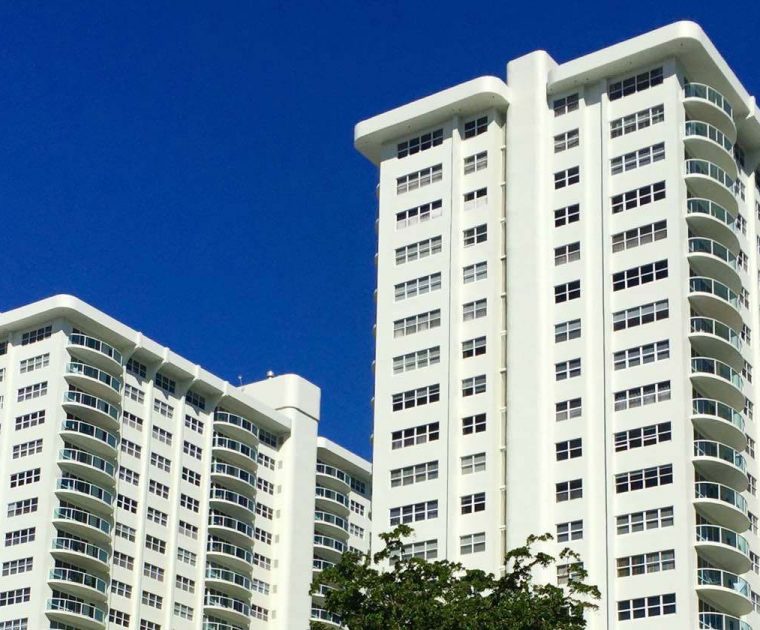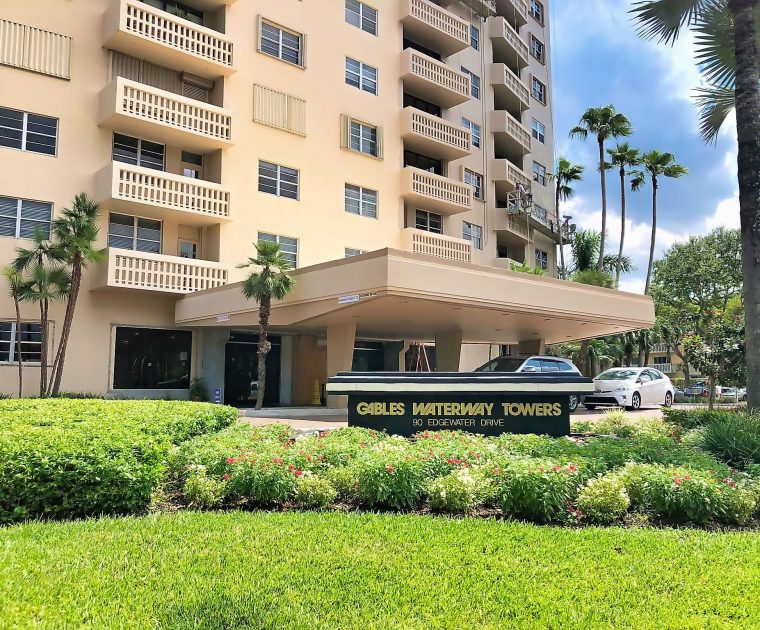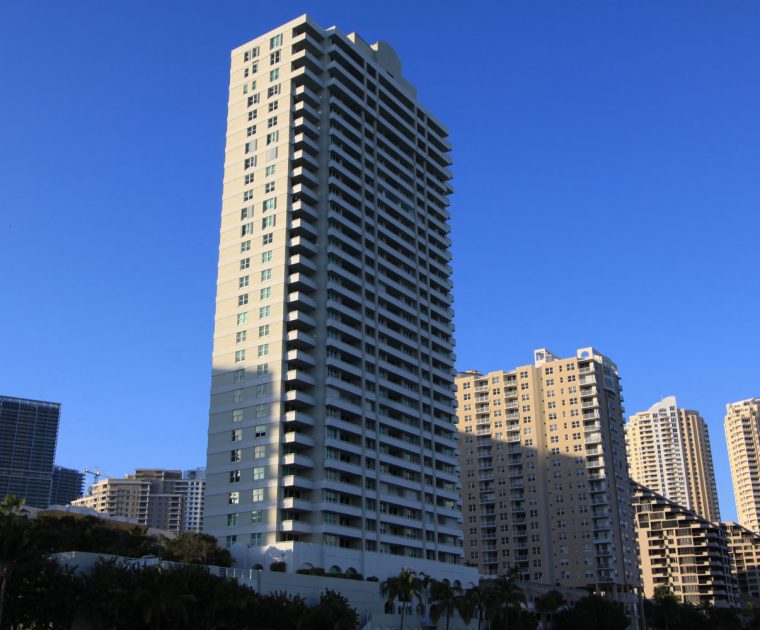The Florida ELSS compliance deadlines are designed to improve fire safety in high-rise condominiums, ensuring that all associations take necessary action to protect residents. Florida implemented these requirements to enhance fire prevention and ensure compliance with modern safety standards. Under the law, high-rise condominium associations must decide whether to install an Engineered Life Safety System (ELSS) or a fire sprinkler system, following a structured timeline. These measures help create safer living environments while also streamlining emergency response efforts. By planning ahead, associations can ensure smooth compliance while enhancing the security and value of their properties.
Key Deadlines for ELSS Compliance
- January 1, 2024 – Associations must decide whether to install an Engineered Life Safety System (ELSS) or a fire sprinkler system.
- February 1, 2025 – Associations must notify the Authority Having Jurisdiction (AHJ) of their selected system.
- January 1, 2026 – A permit application for the chosen system must be submitted and approved.
- January 1, 2027 – The ELSS or fire sprinkler system must be fully installed and pass final inspections.
Why Compliance Matters for Condominium Associations
Complying with Florida ELSS requirements is essential for condominium associations, offering multiple benefits beyond regulatory adherence. Ensuring resident safety is the top priority—proper fire prevention systems reduce risks and provide peace of mind. Compliance also helps avoid legal penalties, ensuring associations meet state mandates without costly fines or operational setbacks. Additionally, a well-maintained fire safety system enhances property value and reputation, making the building more attractive to residents and potential buyers. Taking proactive steps toward compliance not only protects the community but also strengthens trust and long-term property investment.
Steps to Take for ELSS Compliance
Ensuring ELSS compliance requires a structured approach to meet Florida’s safety regulations. Start by hiring a Florida Registered Professional Engineer to assess the building and develop a compliant ELSS design that aligns with the Florida Fire Prevention Code. Once the design is complete, submit it to the Authority Having Jurisdiction (AHJ) for approval. After receiving approval, apply for the necessary permits and gather all required documentation. Finally, proceed with the installation and schedule final inspections to meet the January 1, 2027 deadline. Taking these steps early ensures a smooth process and a safer community.
Learning From a Condominium That Took Early Action (Success Case)
A condominium in Miami took early action to meet the Florida ELSS compliance deadlines, ensuring a smooth and cost-effective transition. By hiring a professional engineer early, they developed a compliant ELSS design and secured AHJ approval ahead of schedule. This proactive approach allowed them to negotiate better pricing with contractors, reducing installation costs. Residents appreciated the enhanced fire safety measures, and the association avoided last-minute compliance stress. By completing the process well before the 2027 deadline, they improved community trust, legal standing, and property value, demonstrating the benefits of early compliance planning.
Common Challenges and How to Overcome Them
Meeting ELSS compliance can present challenges, but with the right approach, they can be easily managed. Cost concerns can be addressed by planning ahead, securing competitive bids, and exploring financing options to spread out expenses. Technical complexities are simplified by working with certified fire safety professionals who ensure the system meets Florida Fire Prevention Code standards. To prevent permit approval delays, associations should submit applications early, maintain clear communication with the Authority Having Jurisdiction (AHJ), and ensure all required documentation is in place. Proactive planning leads to a smooth, cost-effective compliance process and a safer community.
Addressing Mold and Asbestos During ELSS Projects
When beginning ELSS compliance projects, it’s common to encounter mold and asbestos issues, especially during demolition phases like drywall removal. Asbestos, often found in older construction materials, requires specialized removal procedures to ensure safety and regulatory compliance. Similarly, mold can be discovered behind walls due to hidden moisture issues, posing health risks and delaying project timelines if not addressed promptly.
At The Water Restoration Group, we offer comprehensive mold removal and asbestos-related services to support your ELSS projects. Our certified experts specialize in safe asbestos abatement, ensuring compliance with state and federal regulations. Additionally, our professional mold remediation services help identify, contain, and eliminate mold issues efficiently, preventing health risks and project delays.
It’s crucial to work with professionals experienced in asbestos abatement and mold remediation to manage these issues efficiently. The Water Restoration Group is your trusted partner for handling these challenges, offering expert solutions that keep your projects on track while ensuring a safe environment for residents. Identifying and addressing these hazards early in the project can prevent costly delays and create a healthier living environment for residents. Including mold and asbestos assessments in the planning phase of ELSS projects ensures comprehensive safety compliance.
Conclusion: Start Your ELSS Compliance Process Today
Meeting the Florida ELSS compliance deadlines is essential for ensuring fire safety, avoiding penalties, and maintaining property value. By planning ahead, associations can simplify the process, reduce costs, and prevent last-minute challenges. Taking proactive steps—hiring professionals, securing permits, and scheduling installations early—ensures a smooth transition and peace of mind for both property managers and residents.
Need guidance on meeting ELSS compliance? Contact The Water Restoration Group today for expert support on fire safety requirements, mold removal, asbestos-related services, and comprehensive compliance solutions to help your condominium meet state regulations with ease.



